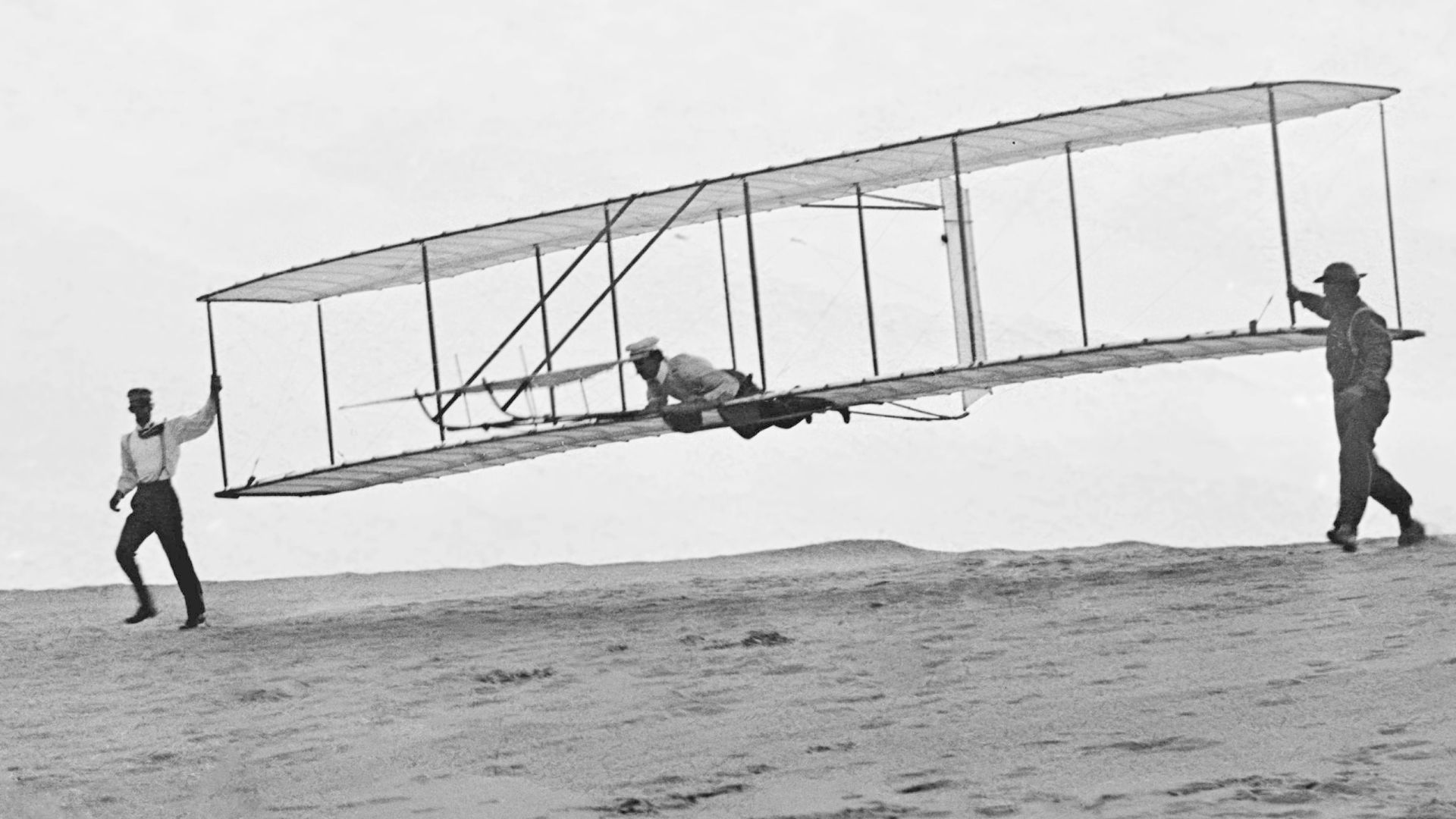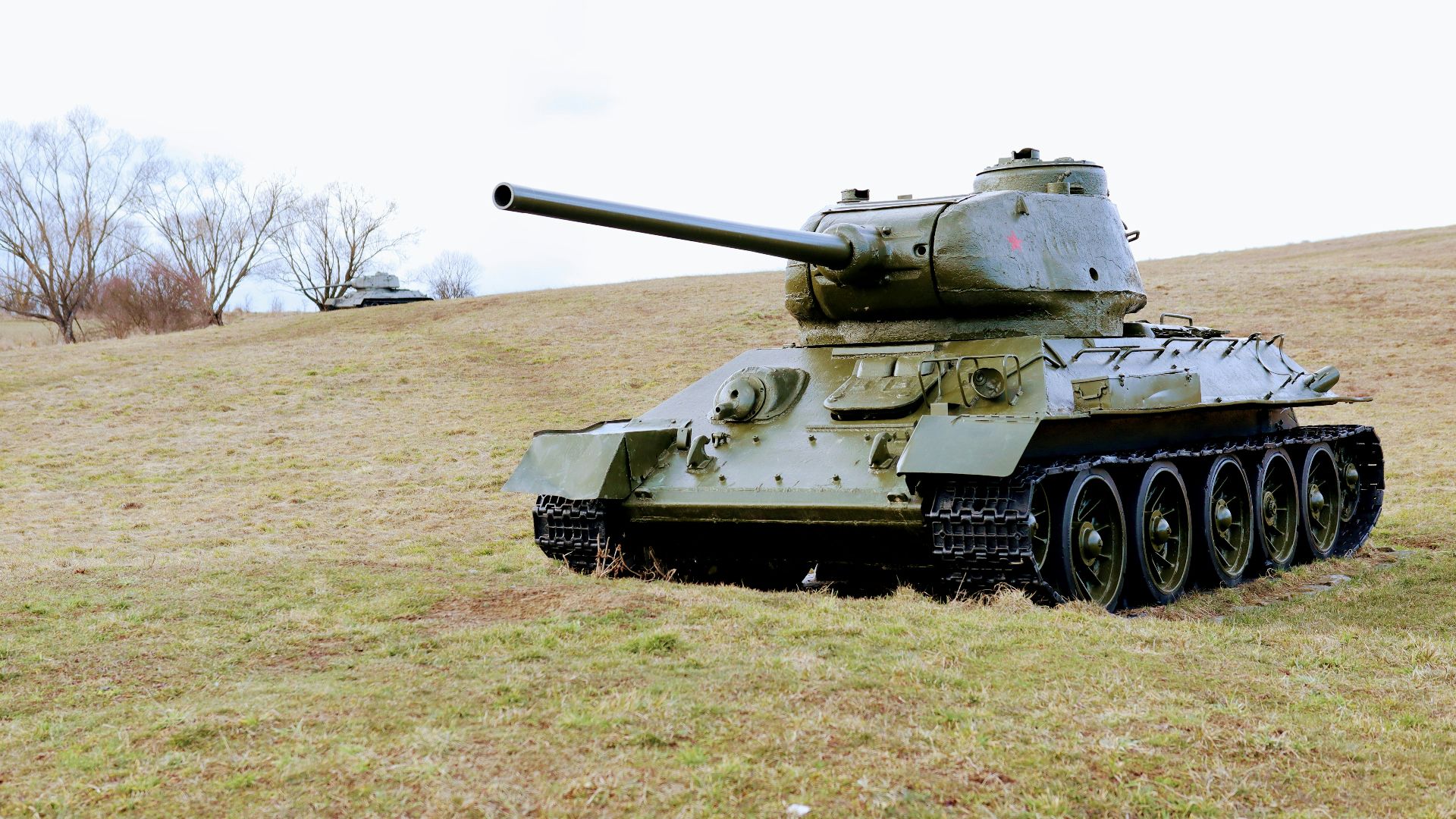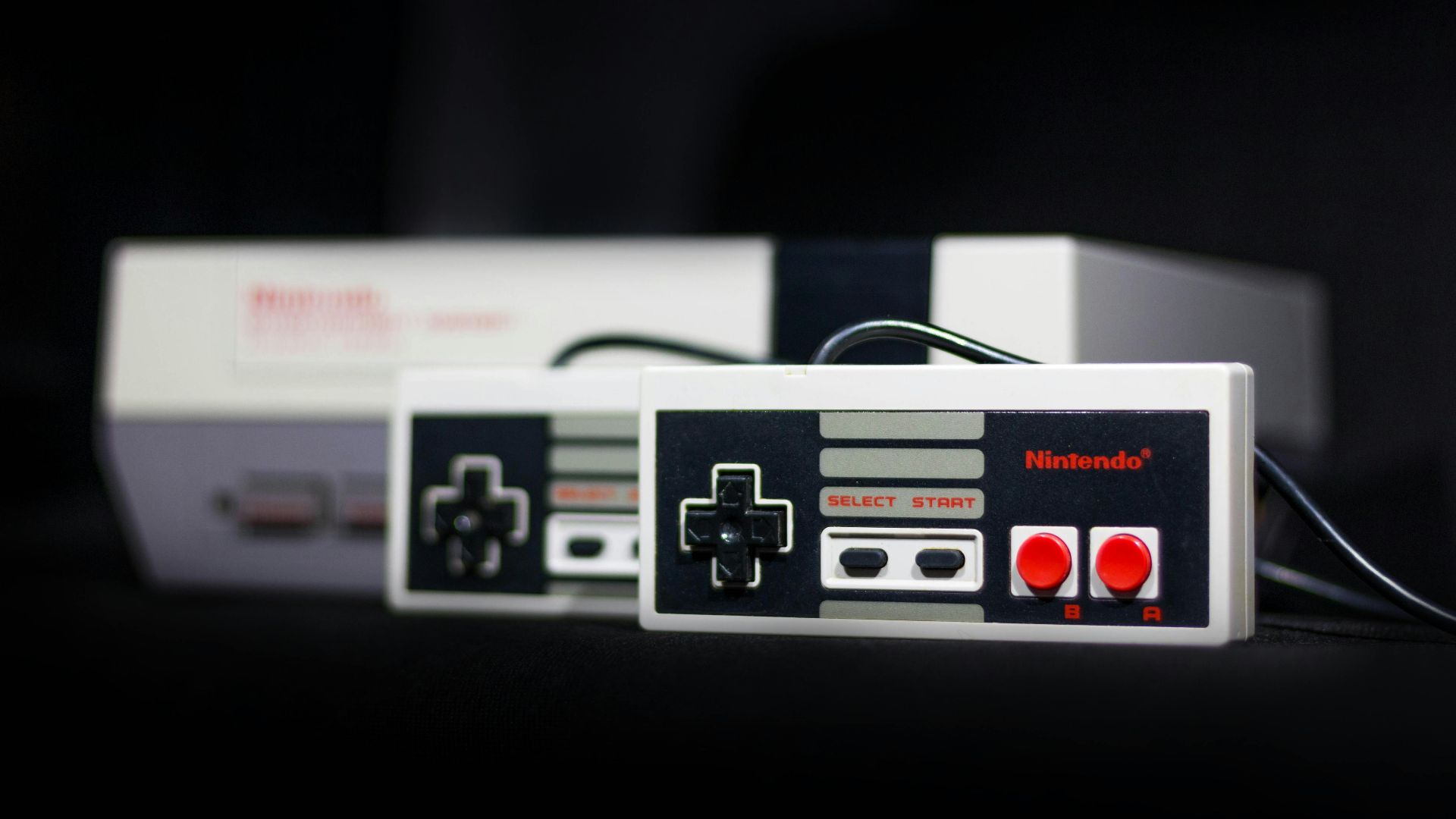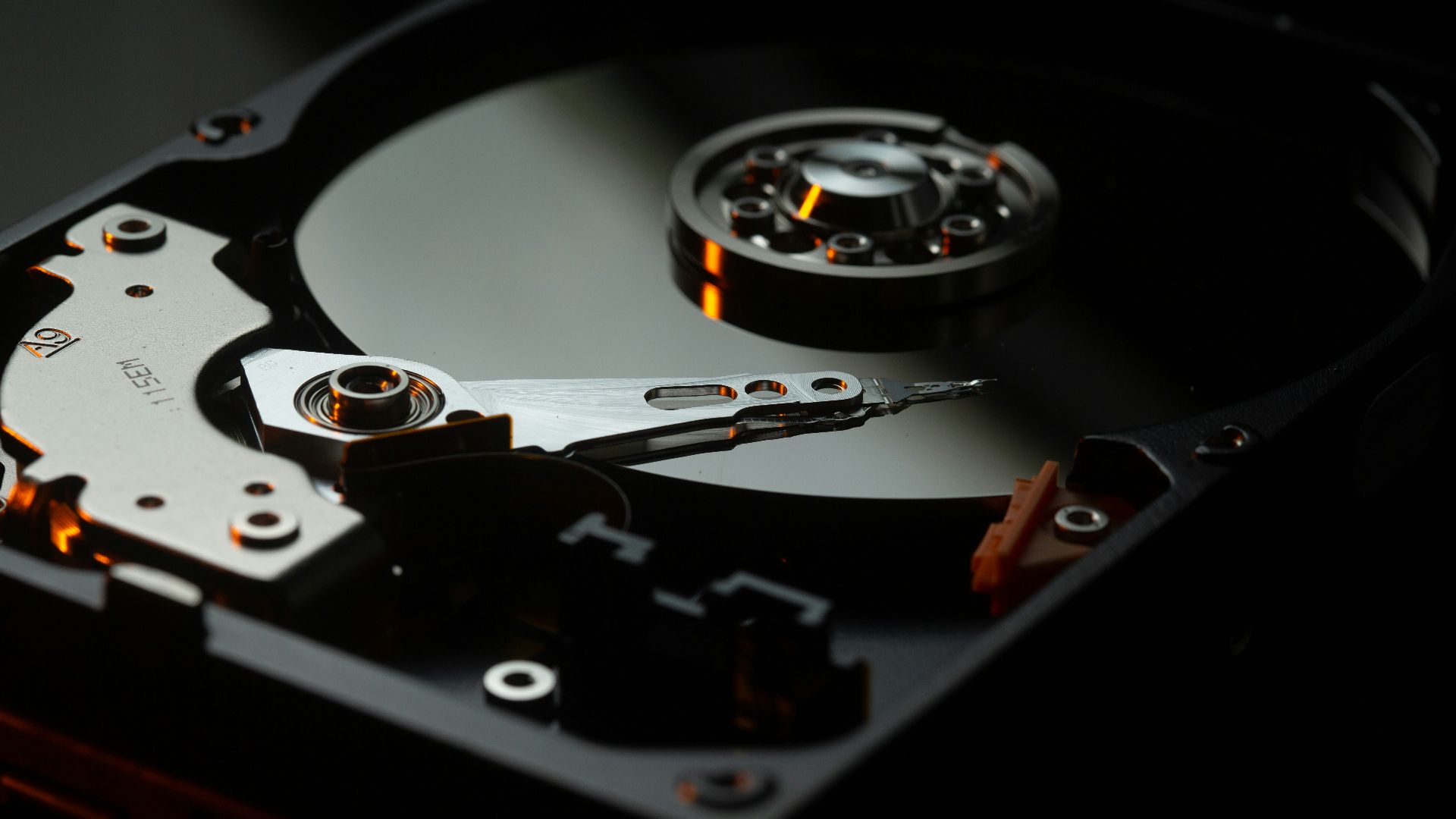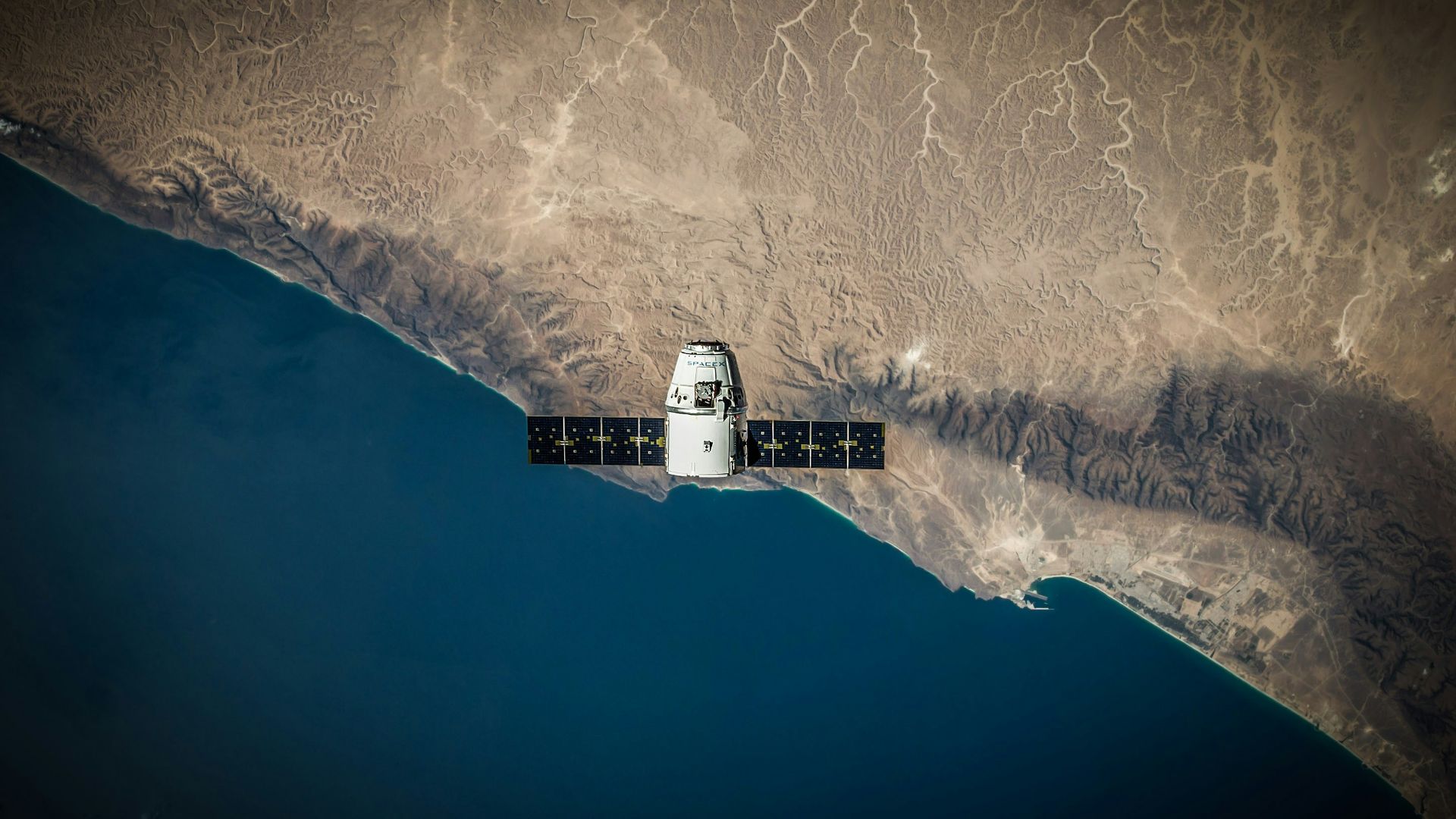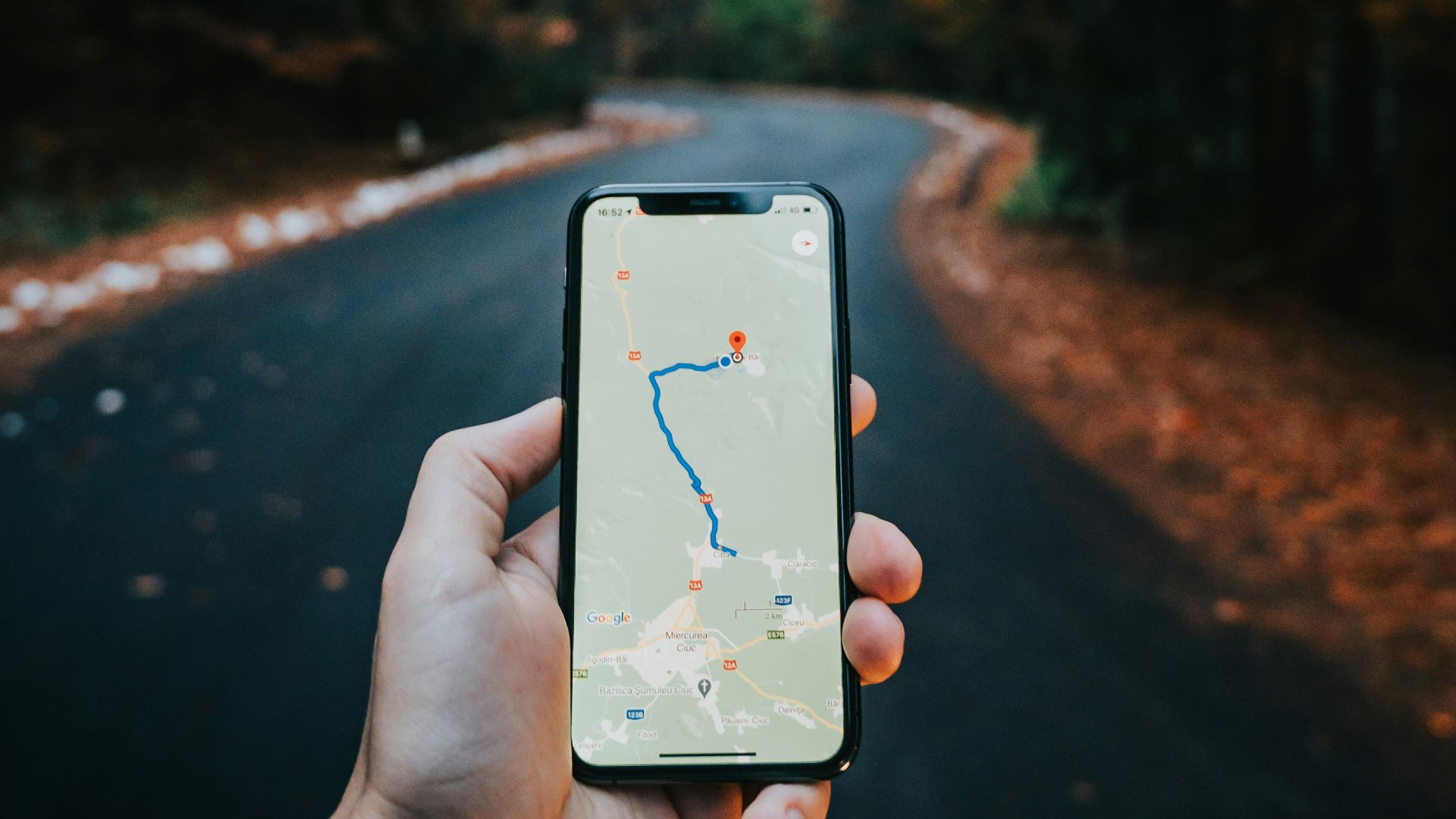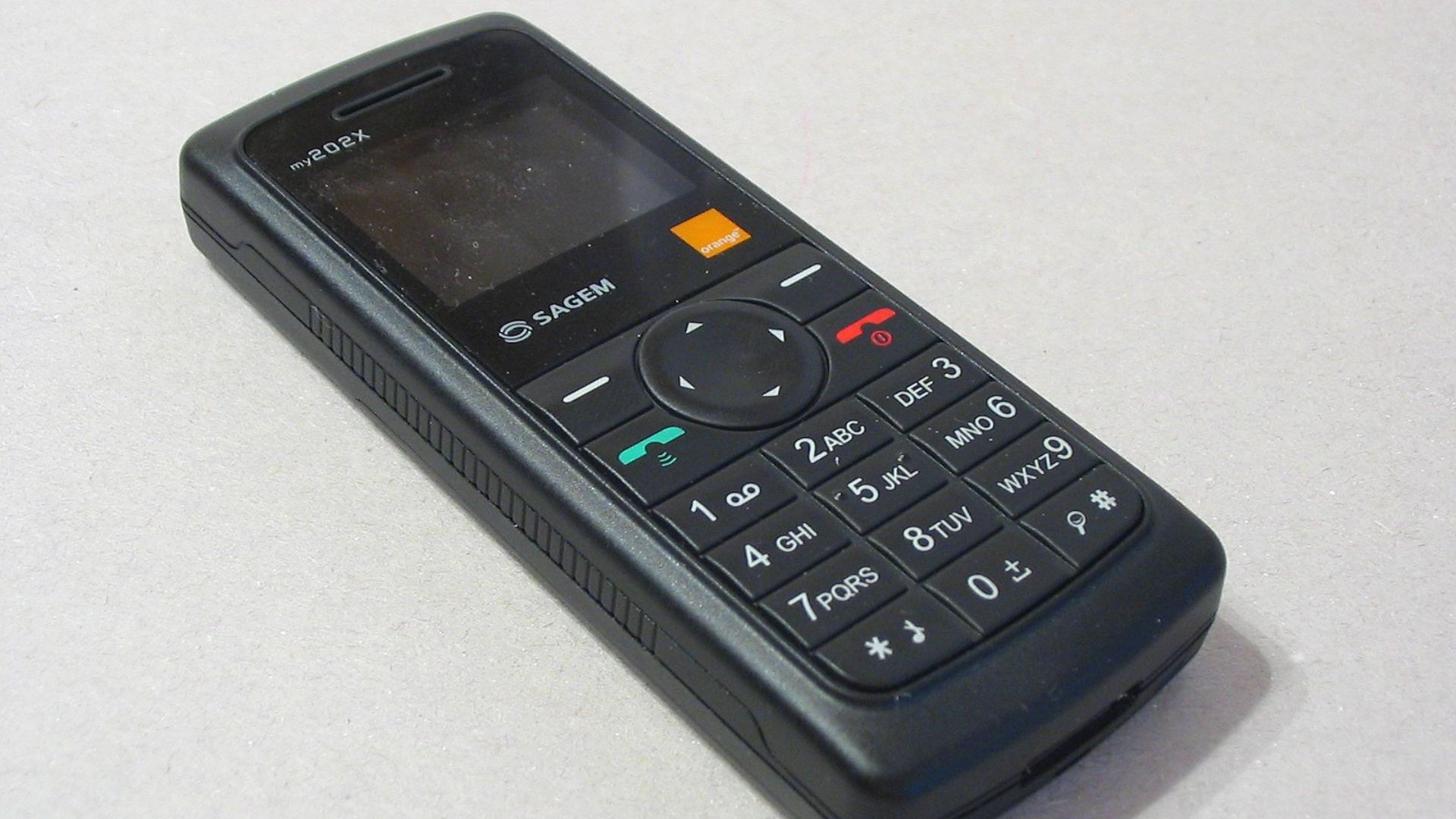20 Most Important Innovations Of The 20th Century We Take For Granted
The 20th Century Was A Prolific Time
No century was quite so innovative as the 20th. Just think of the year 1900 compared to 20 years later—it’s the difference between horse-drawn carriages and automobiles of the roaring 20s; corsets vs. flapper dresses. Fast-forward to the 1990s and you already have computers, cell phones, and grunge music in a world that hardly resembles that of 1900. If that doesn’t excite you about future innovations, we don’t know what would. Here are the 20 most important innovations of the 20th century.
1. Vacuum Cleaner
Manual vacuum cleaners were introduced in the 1860s, but it was at the turn of the century that the first motorized versions showed up, powered by a horse-drawn combustion engine. By 1907, the first portable electric vacuum cleaner was invented for domestic use.
2. Airplane
The Wright brothers invented and flew the first airplane in 1903 but it wasn’t until 1939 that the first jet plane, powered by a gas turbine, was created. By the 1960s, jet-powered civilian aircraft were a reality. Where would we be without them?
3. Television
The first transmission of still photos occurred in the 19th century after the discovery of the photoconductivity of the element selenium. In 1926, video signal and neon light were combined with radio waves for the first transmission over distance.
4. Military Tank
Although the idea of an armored vehicle is far from new (Leonardo Da Vinci sketched up early versions), tanks as we know them didn’t come into play until 1916. With the commencement of WWI, Winston Churchill called for a secret committee to develop “land ships” that would give Britain the edge in the war.
5. Penicillin
Penicillin was the first antibiotic to be commercially developed and widely used, thereby saving millions of lives. It was discovered in 1928 by Alexander Flemming and is still used today.
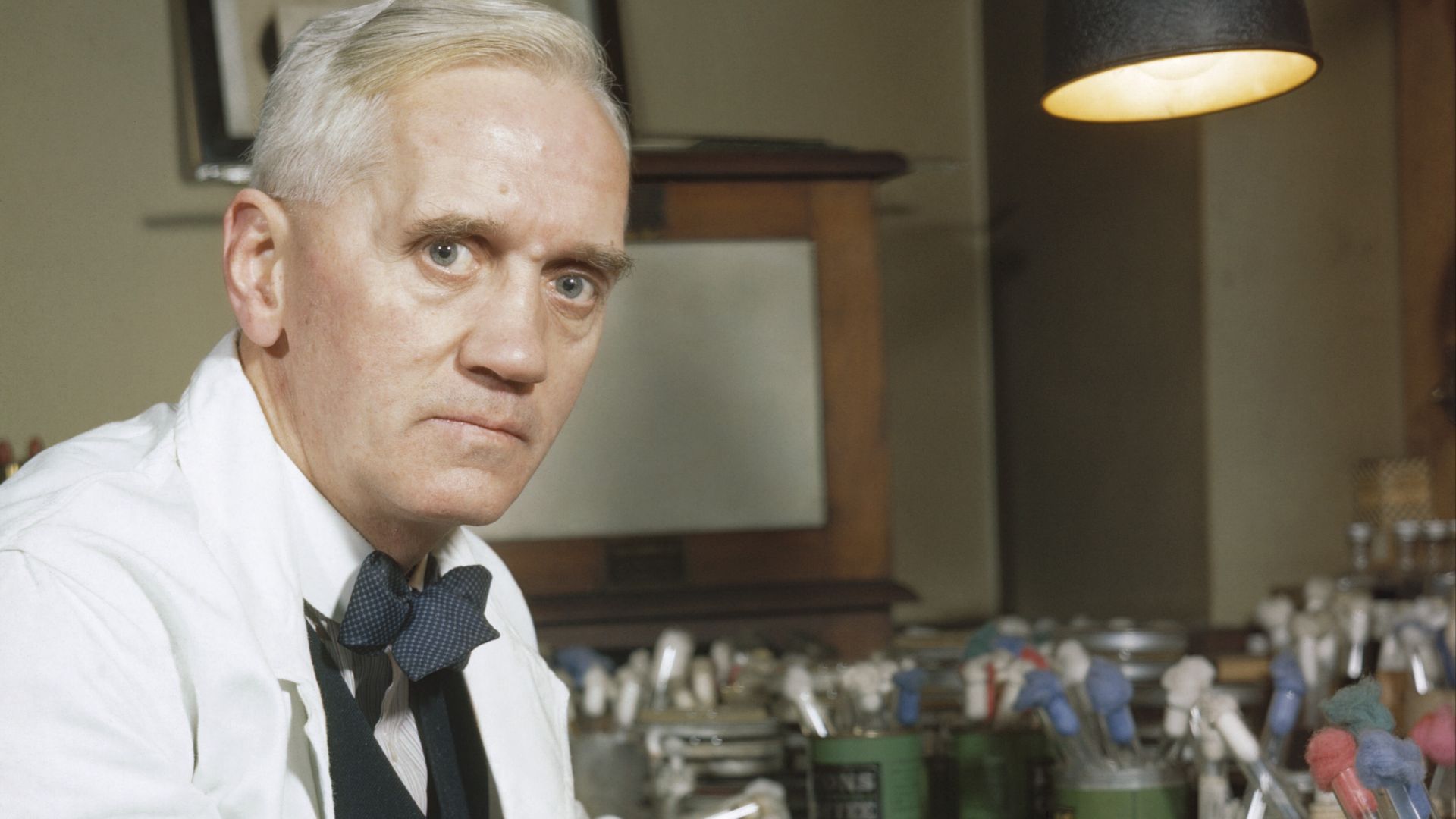 Official photographer on Wikimedia
Official photographer on Wikimedia
6. FM Radio
Although AM radio was already widely used, FM radio wasn’t invented until 1933. FM works by varying the frequency of the radio waves to convey information whereas AM uses amplitude.
7. Electron Microscope
Electron microscopes use electrons rather than light to display an image, allowing much higher resolution. This type of microscope enabled scientists to identify viruses much more efficiently. It was invented in 1931.
8. Computer
While early versions of computers that were only able to do calculations were used as early as the Industrial Revolution, the first digital computer was developed during WWII. The invention of the microprocessor in the 1950s enabled computers to evolve into the efficient and powerful machines we have today.
 Nicholas Santoianni on Unsplash
Nicholas Santoianni on Unsplash
9. Microwave Oven
We all know how useful microwaves are—they’re a staple in any modern kitchen. Microwave technology was initially used for radar in WWII. Its heating effect was accidentally discovered in 1945 by an engineer working on a radar set when he noticed a chocolate bar in his pocket had melted.
10. Polyester
The 1970s would’ve been a very different era if not for the invention of polyester. This synthetic material which is highly durable and water and wind-resistant was patented in 1928.
11. Atomic Bomb
The atomic bomb, invented in the 1940s, effectively ended WWII, but decimated two cities in Japan. Their development led to the period of nuclear deterrence that more or less maintains peace and the balance of power in the world today.
12. Video Games & Consoles
The first video game was unveiled at the Canadian National Exhibition in 1950, then in the 1970s, arcade games exploded in popularity. It wasn’t until the following decade though that at-home consoles were developed and popularized by Nintendo.
13. Solar Battery
1954 saw the development of the first solar battery that used sun rays to produce electricity. This technology would become increasingly more valued as the need for renewable energy sources became more and more apparent.
 American Public Power Association on Unsplash
American Public Power Association on Unsplash
14. Laptop
Nowadays it’s hard to find a person who doesn’t work predominantly with a laptop (ourselves included). The first commercially available portable computer was unveiled in 1975, though it looked quite different from the slim, proficient machines we have today.
15. Hard Disk
Hard disks were invented in 1956 by a team at IBM. They stored and received digital data and were supremely useful in the early days of computing.
16. Satellite
Satellites give us everything from the internet to weather forecasts to images of space. The first satellite, Sputnik, was launched in 1957.
17. Lithium-Ion Battery
Lithium-ion batteries are used to power everything from handheld electronics to Tesla engines. It was invented in the 1980s and further developed through the 90s.
 Possessed Photography on Unsplash
Possessed Photography on Unsplash
18. GPS
How many times a day would you get lost without a GPS guiding you? GPS systems for civilian use were created in 1978.
19. Cell Phone & SIM Card
The first commercial cell phone, the DynaTAC 8000X, a prehistoric version of the smartphones we don today, was created by Motorola in 1984. SIM cards were necessary for a cell phone to function, early versions of which were the size of credit cards. Today, most phones have micro-sims smaller than a nickel or iSIMs that are directly integrated into the device itself.
20. The Internet
Computer scientist Tim Berners-Lee invented the World Wide Web in 1989, completely changing the world as we knew it. It was first developed as a way of sharing information, but today we mostly use it to look at cat videos.
KEEP ON READING

The story of Ching Shih, the Woman Who Became the…
Unknown author on WikimediaFew figures in history are as feared…
By Emilie Richardson-Dupuis Dec 29, 2025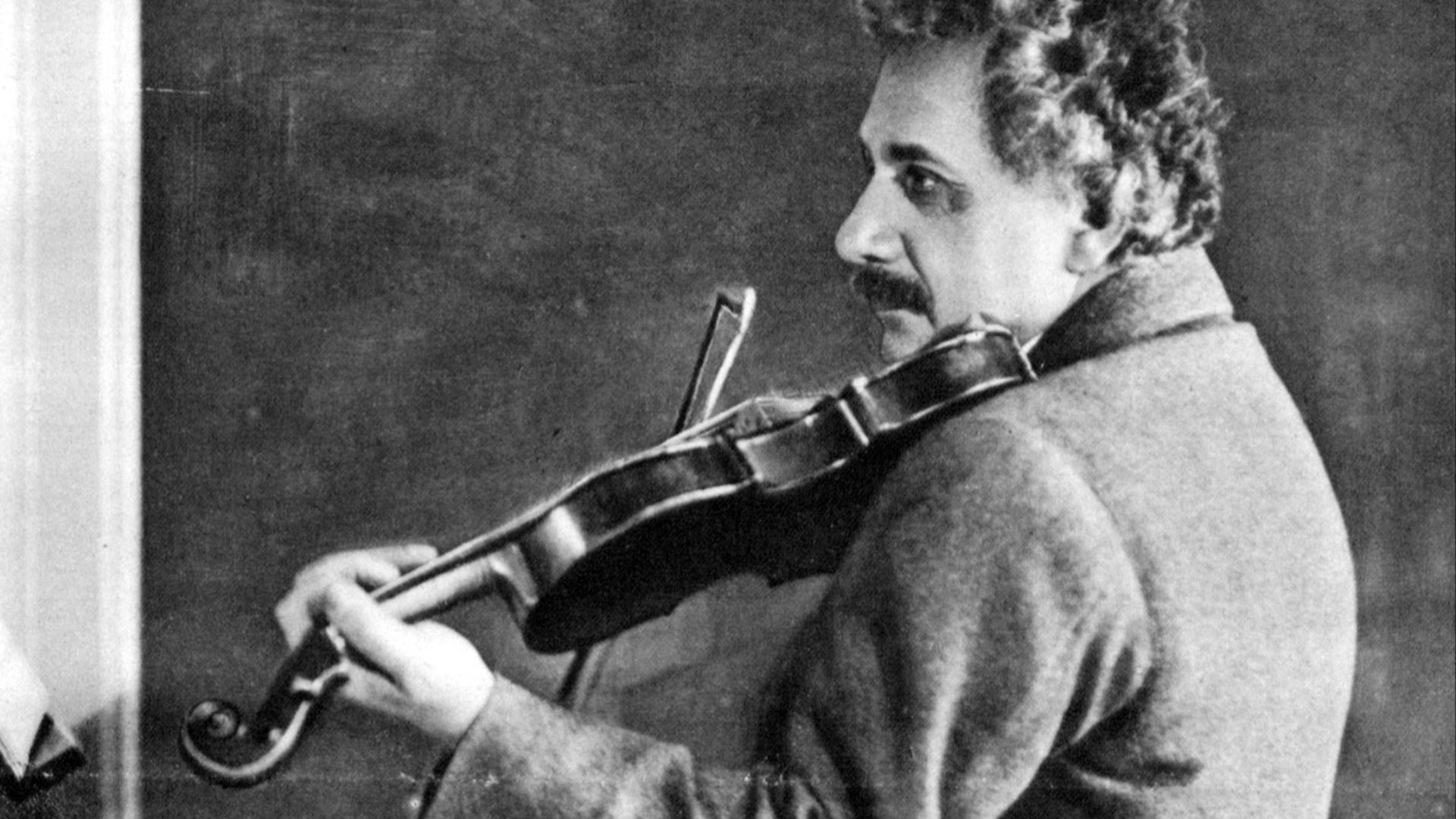
Einstein's Violin Just Sold At An Auction—And It Earned More…
A Visionary's Violin. Wanda von Debschitz-Kunowski on WikimediaWhen you hear…
By Ashley Bast Nov 3, 2025
This Infamous Ancient Greek Burned Down An Ancient Wonder Just…
History remembers kings and conquerors, but sometimes, it also remembers…
By David Davidovic Nov 12, 2025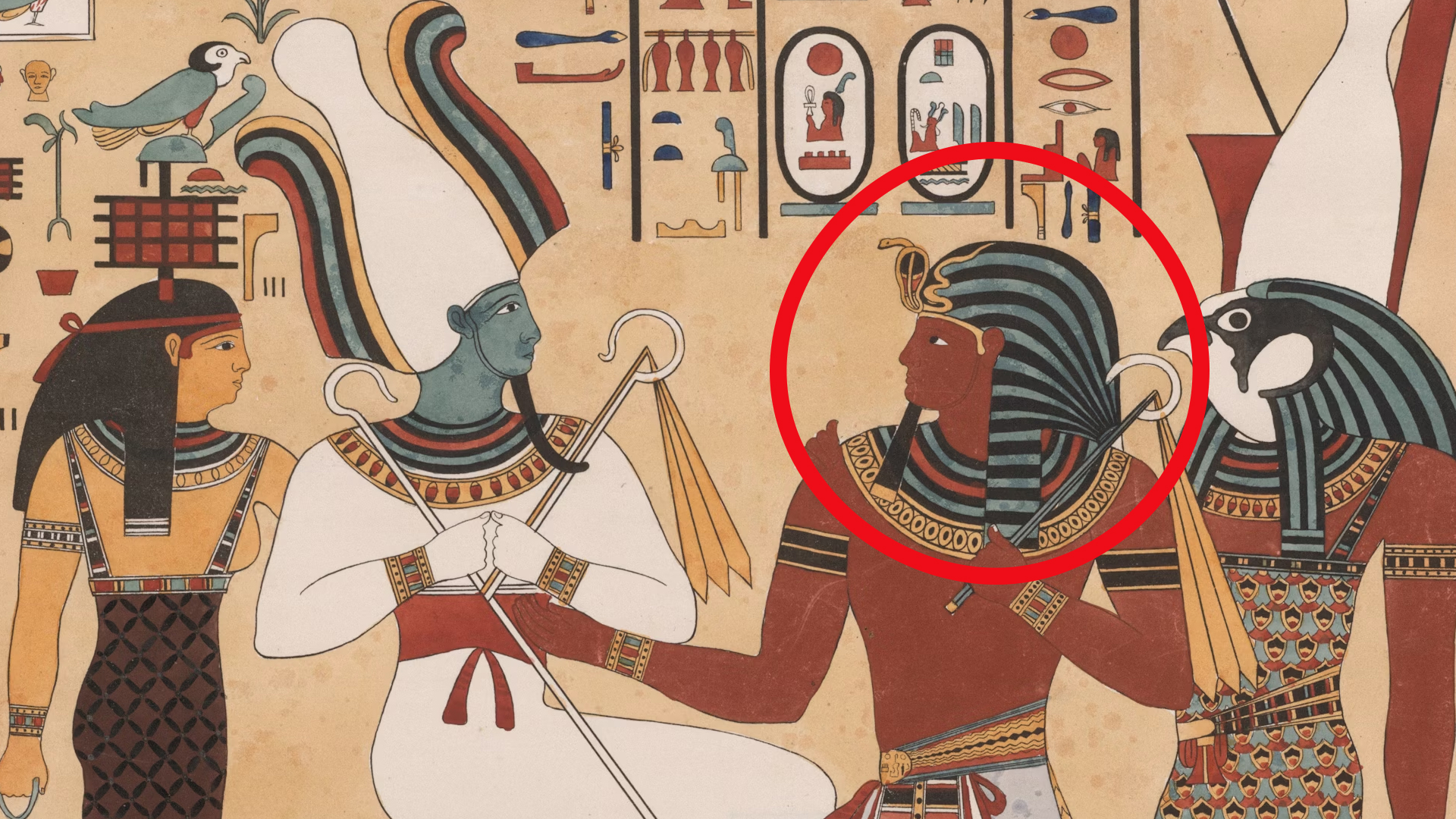
The Mysterious "Sea People" Who Collapsed Civilization
3,200 years ago, Bronze Age civilization in the Mediterranean suddenly…
By Robbie Woods Mar 18, 2025
This Famous Historical Figure Died Broke And Unknown
Art Institute of Chicago on UnsplashHistory is full of names…
By Sara Springsteen Feb 14, 2026
20 Soldiers Who Defied Expectations
Changing the Rules of the Battlefield. You’ve probably heard plenty…
By Annie Byrd Feb 10, 2026

